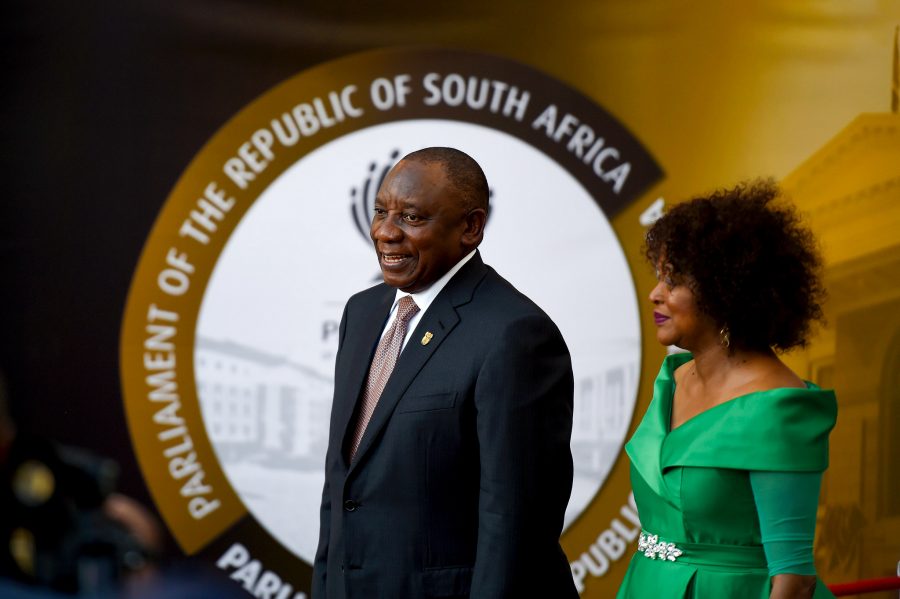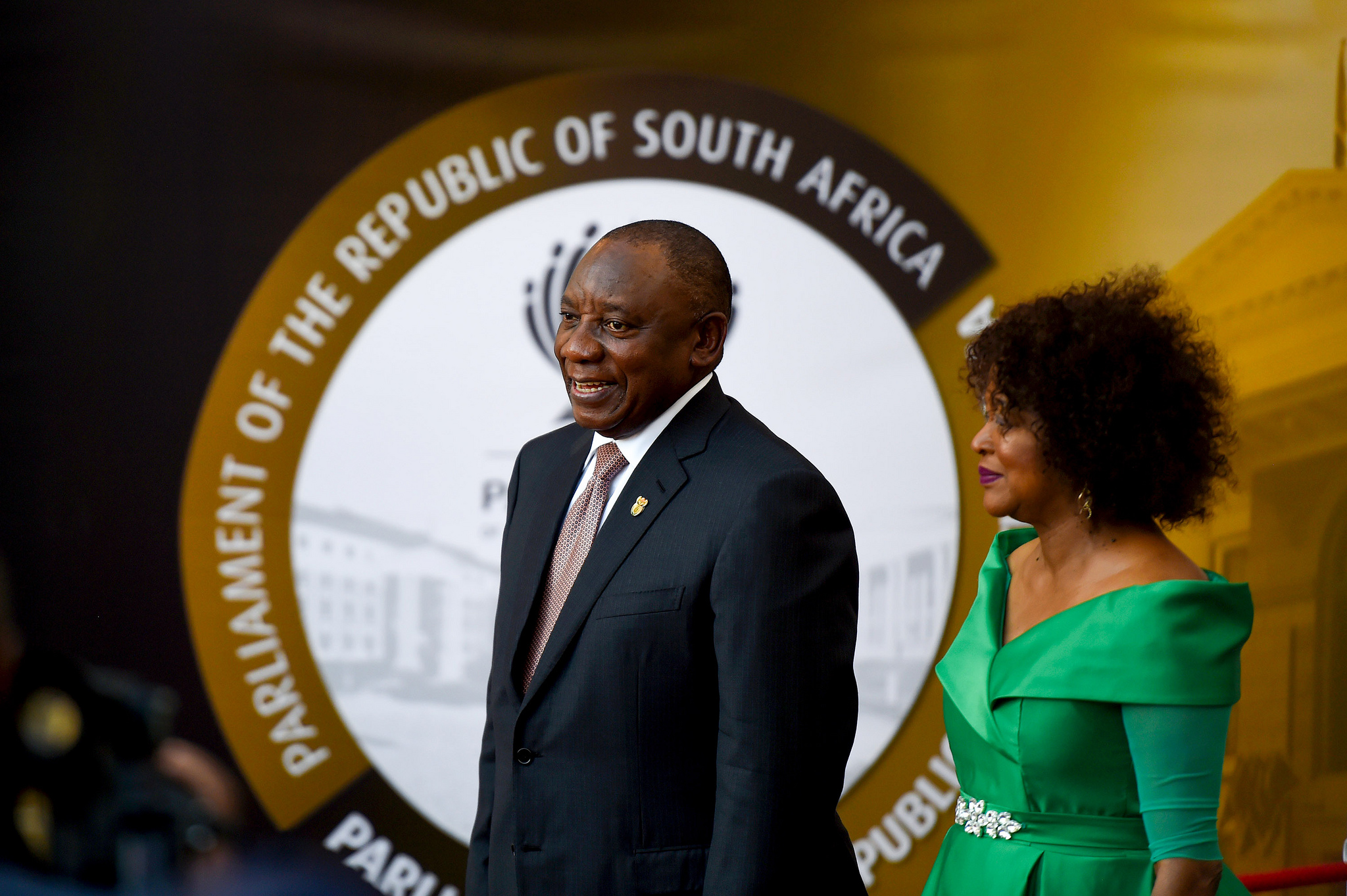
Ramaphosa Pledges to Fix South Africa’s Economy as Election Looms
CAPE TOWN – South African President Cyril Ramaphosa announced plans on Thursday to split struggling state power giant Eskom into three separate entities, as he sought to convince investors and voters that he will turn around a struggling economy before an election in May. Ramaphosa is balancing efforts to revive an economy burdened by government […]

CAPE TOWN – South African President Cyril Ramaphosa announced plans on Thursday to split struggling state power giant Eskom into three separate entities, as he sought to convince investors and voters that he will turn around a struggling economy before an election in May.

Ramaphosa is balancing efforts to revive an economy burdened by government debt and mismanagement with the need to retain the support of elements in his ruling African National Congress (ANC) and powerful labour unions who oppose reforms that could cost jobs.
The ANC is expected to win May’s parliamentary election but analysts say Ramaphosa needs the victory to be resounding if he is to unite a party that has been deeply divided since the ousting of scandal-plagued Jacob Zuma a year ago.
“The task before us is formidable,” Ramaphosa said during a televised state of the nation address in parliament that was attended by hundreds of lawmakers and dignitaries.
“Above everything else, we must get our economy working again.”
Fixing the crisis at Eskom was the main talking point ahead of Ramaphosa’s highly-anticipated annual address as it will be key to him delivering on a promise to mend an economy that stagnated under Zuma.
Eskom supplies more than 90 percent of South Africa’s power and employs 48,000 people. But it is drowning in around 420 billion rand ($31 billion) of debt and is expecting to lose more than $1 billion a year for the next two years.
Many investors have called for Eskom to be partially privatised to make it more efficient, but significant sections of the ANC have said that is a red line that cannot be crossed. [nJ8N1RJ00J]
Trying to please all sides, Ramaphosa said Eskom’s generation, transmission and distribution businesses would become separate state-owned entities, without touching on controversial subjects like job cuts or privatisation.
‘DECISIVE ACTION’
He said the government would support Eskom’s balance sheet but that the scale of that support would be revealed only in a budget speech by the finance minister on Feb. 20.
“Eskom is in crisis and the risks it poses to South Africa are great,” Ramaphosa said, adding that he would call this year’s parliamentary vote on May 8.
“We need to take bold decisions and decisive action. The consequences may be painful, but they will be even more devastating if we delay.”
Ramaphosa also promised to boost tourist numbers, explore selling stakes in state firms deemed non-strategic and increase agricultural output through accelerated land reforms.
But it was his comments on Eskom that drew the greatest attention.
“It is clear that a fundamental restructuring of Eskom is on the cards. It may not happen in one step, but it is a very important starting point,” said energy expert Chris Yelland.
“Today’s comments were about managing the expectations of the financial community on the one hand, and the opposition of labour unions on the other.”
Successive governments have avoided addressing Eskom’s inefficient and monopolistic structure, fearing a backlash from socialist elements in the ANC and from much of the public given the likely job losses.
Ramaphosa could still delay unpopular decisions like cutting jobs until after the election in an effort to avoid a confrontation with unions.
Cosatu, the biggest union movement and an ally of the ANC, released a statement as Ramaphosa was delivering his speech saying it would fight job cuts at state firms “to the very end”.
(Writing by Alexander Winning; Editing by Joe Brock and Frances Kerry)
